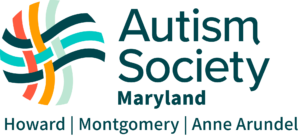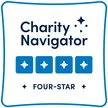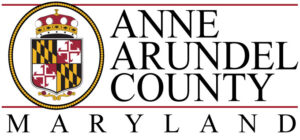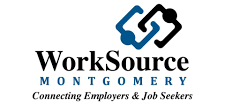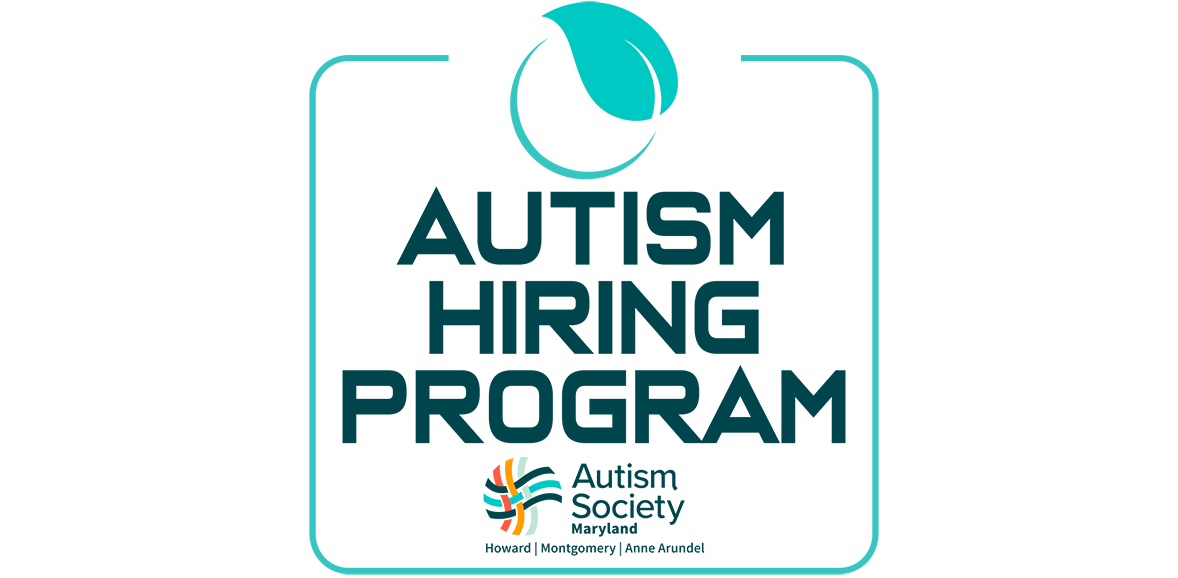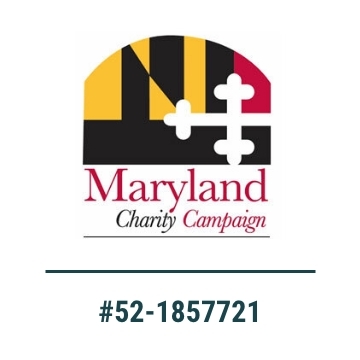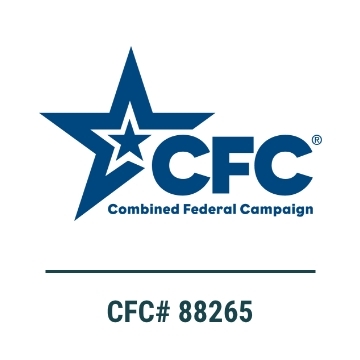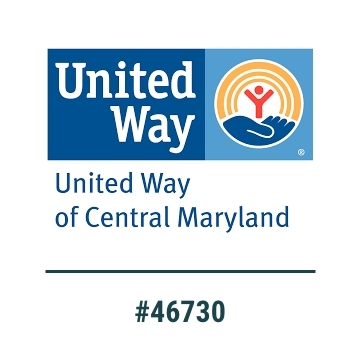As parents of children who have IEPs, it feels like we are always thinking about what’s next—next IEP, next placement, next school, next teacher/team. . . . But do we think about those nexts without thinking about the bigger NEXT. What happens at age 18 or 21, when the bus stops coming? Is there life after high school?
Rationally we know there is but thinking about that bigger NEXT makes our head (and heart) hurt. What will my child do next? Is college a possibility? What about the supports that got him/her through high school? Can he live on campus? What about the world of work? Is there an employer who will hire my child? And hire him for what? What job would be of interest? What is he ready to do? It can feel like there are more questions than there are answers. . . .
Plan, plan, plan. And the motto, “If you fail to plan, you plan to fail” couldn’t be more true!
Here are a few tips to get you started:
Always start with other parents. Talk to as many as you can who’ve been through it or are going through the same thing. Parents always have the best advice about what has worked and what hasn’t. As we know, there’s what should be, what’s on paper, and what really is. Parents are willing to share the ‘real deal’ and can help guide you.
Learn as much as you can about what’s available. Do not rely on “the system” or “the experts” to know and guide you. The adult service world is incredibly complicated. Many people who work for various state agencies are not familiar with the other agencies, much less other departments within their own agency! So what’s a parent to do? Attend events and workshops. Search the internet. Read as much as you can about what agencies do what. Become an informed consumer.
Attend the HCPSS Transition Workshop Series. Each year, the series features a wide variety of topics that help you find your way.
Start early! Earlier than you think you should. IDEA dictates that transition planning should begin at age 14. That should be more than just a box check at your annual IEP. It’s a clue to parents to start thinking about the future. In middle school, should you know what job your child will have at 21? No, but the sooner you start the process of thinking about the future, the less daunting it is.
Begin to think about your child in a different way. Try to think about him or her as an independent adult. What can you do now, at home and school, to foster that independence? Begin to build independence skills in everyday activities, such as chores at home, money management, talking to the doctor, and ordering from the menu. Stop thinking: “there’s no way he can make his own bed everyday!” The truth is, with some effort on our parts as parents, they will learn eventually.
Presume competence!!! We want our teachers to presume competence, but do we always practice what we preach? Are we giving our kids time to learn new skills in the protected environments that school and home can provide? We’ve been to all the Paula Kluth workshops, and we always turn to the person next to us and say “if only the teachers could hear this message.” But we need to be reminded of it all the time, as well. Can my child come in the house from the bus without me opening the door? I didn’t know until I tried it once. After telling the bus driver what we were doing, I watched from behind a curtain to see what would happen. Funny thing, he just walked in, put his back pack away, and got a snack. All without me. A really proud moment, soon followed by the guilt of thinking about what else he can do if I let him. Had I presumed competence about him in different areas of his life? The cold hard fact was no, I hadn’t.
All this begins with a vision. Future planning is tough. It’s not easy to get through today sometimes, much less plan for 4 or 8 years in the future. Our kids can change so much, its hard to say what they can do so far in the future. Remember this is a journey. It won’t happen overnight. Start wherever your family is, and begin there.
Written by Parents for Parents for the Autism Society of Maryland
